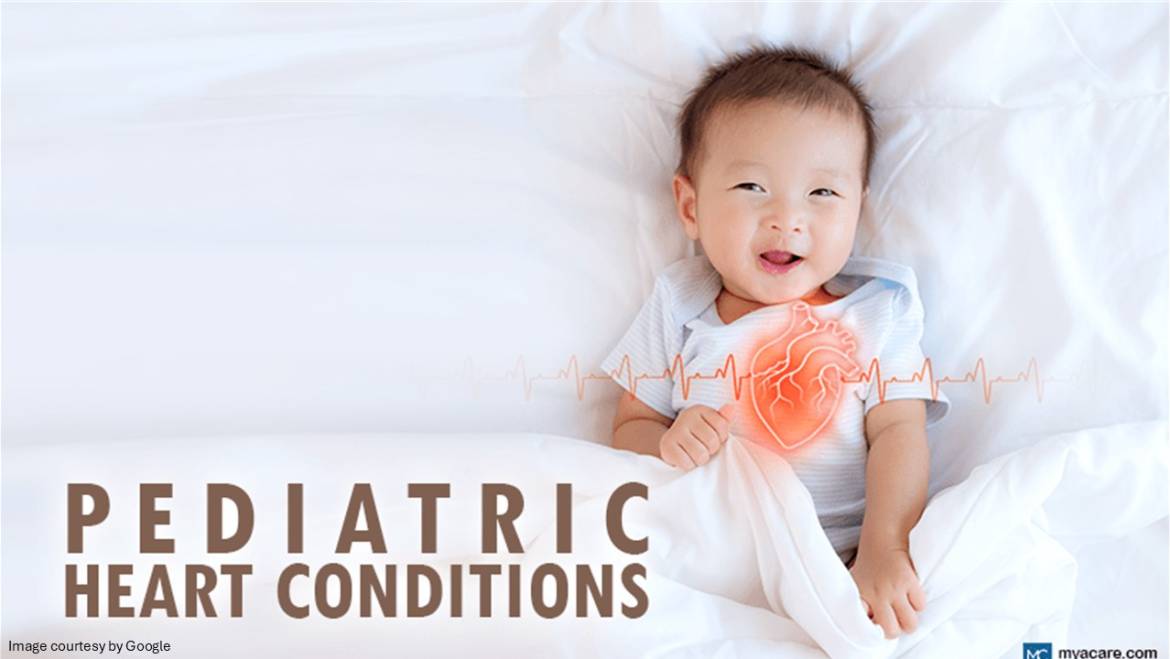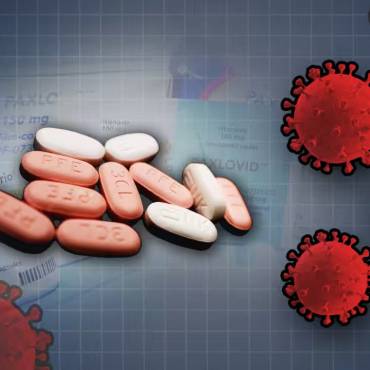A heart disease or heart problem affects the proper functioning of the heart. Cardiovascular disease (cardiac disease) is a disorder that affects the heart and blood vessels. Heart disease symptoms in children may vary depending on heart condition. There is a range of cardiovascular disease symptoms, and your child might have one or more of them. Consulting a doctor is a must to initiate cardiovascular disease treatment. Discuss the signs of cardiovascular disease, causes of heart disease, and types of heart problems with a doctor to learn how it can be treated.
This page will discuss some common symptoms of heart issues that impact a child.
Congenital heart defects
A congenital heart disease is a type of heart disorder that a baby is born with. It may include abnormal development of the heart, major arteries, the valves, or a combination of these defects. These heart defects are caused by a problem in the heart’s development during the first trimester of pregnancy. The exact cause of the disorder is still unknown, but it is due to a complex development of the baby’s heart. Sometimes, an infection or a drug can cause a heart disorder.
German measles (contagious viral disease) or other viral conditions can adversely affect the heart as it develops. If a pregnant woman smokes, drinks too much alcohol, or consumes certain medicines during pregnancy, this can also cause heart disease and other health conditions in children.
A fetus is well protected in the uterus from outside influences. Accidents and threatened miscarriages are not the reason behind congenital heart diseases. Additionally, a background of health conditions is only a small risk. It is uncommon to have more than one child in a family with congenital heart issues.
The heart defect is common; almost one child in a hundred is born with a heart defect. Many defects are minor and can be treated with proper medicines or surgery.
Arrhythmias
Arrhythmias are defined as abnormal heartbeat rhythms and are caused by changes in the heart’s electrical system. The problem may cause the heart to pump less efficiently. There are many different types of arrhythmias. Some may cause your child’s heart to skip or add a beat now and again but do not interfere with their daily lives, while others are more serious and even deadly. If untreated, they can disrupt the heart’s pumping mechanism, resulting in fainting, shortness of breath, dizzy spells, or serious heart conditions.
The good news is that many arrhythmias can be corrected with medicines, surgery, or other medical procedures. These can also be treated by lifestyle changes such as avoiding vigorous or extreme exercise sessions. Below are the types of arrhythmias:
-
- Bradycardia
- Atrial fibrillation
- Tachycardia
- Long QT syndrome
Heart murmurs
A type of heart disease in children is recognized by a murmuring sound that can only be heard with the help of a stethoscope when listening to the heartbeat. The cause behind the murmuring sound is the occurrence of turbulence in the blood flow through the heart valves. Murmurs in healthy hearts can be called innocent. Many young children have innocent murmurs, which can be heard during a fever when the heart finds difficulty pumping. Innocent murmurs usually resolve with time, but others may require additional treatment.
Congestive heart failure
Congestive heart failure (CHF) is a heart problem in which the heart cannot pump enough blood to meet the body’s requirements. This is because of a congenital heart defect. CHF causes fluid in your child’s lungs and the rest of the body. Always remember that it does not mean that your baby’s heart will stop beating; it means it is not beating efficiently.
Endocarditis
It is a condition in which your heart’s inner lining is inflamed. It is also known as effective endocarditis. Many causes contribute to endocarditis, including urinary infections, dental work, throat infections, infected cuts, and surgery. People suffering from heart conditions are much more likely to get endocarditis than other people, so it is essential to protect your child from getting it.

Palpitations
A palpitation is a feeling that your heart suddenly beats harder or faster. You may feel these sensations in your chest, throat, and neck. Palpitations are usually harmless and are not an indication of any heart problems.
Heart disease treatment
Many children with minor heart issues do not require surgery and can live well without any treatment. However, some cases require medications to manage their heart condition. If your child’s health is serious, he/she may need to have surgery.
Your healthcare specialist might prescribe heart disease medicine to treat your child’s heart problem symptoms. Digoxin, diuretics, and ACE inhibitors are commonly prescribed heart disease drugs. Don’t give your child any random medicine to treat his heart condition. Take a second opinion from a doctor to know the best heart medicine or treatment for your child if you are not satisfied with the first opinion.



